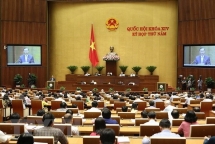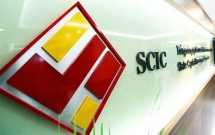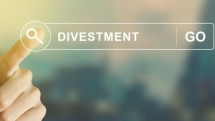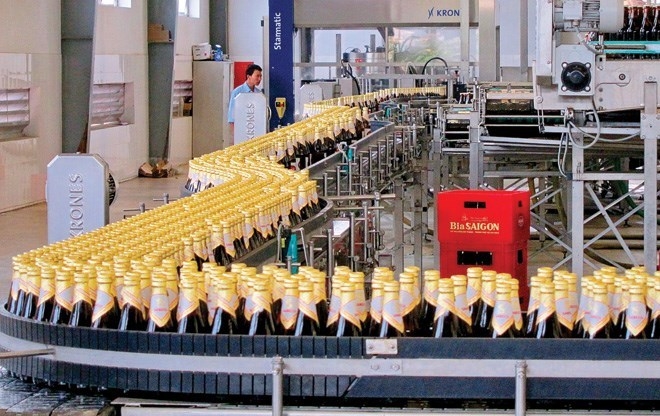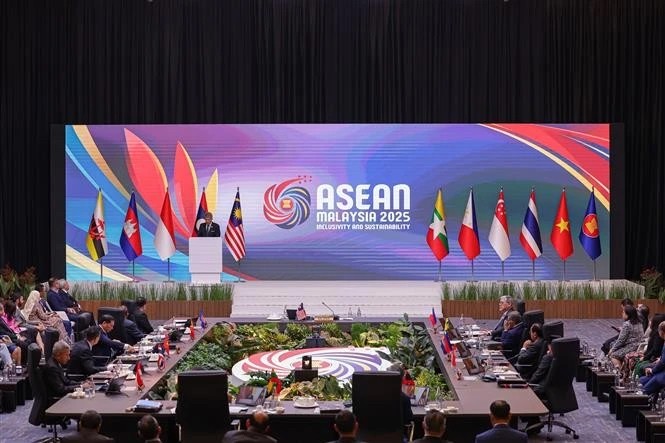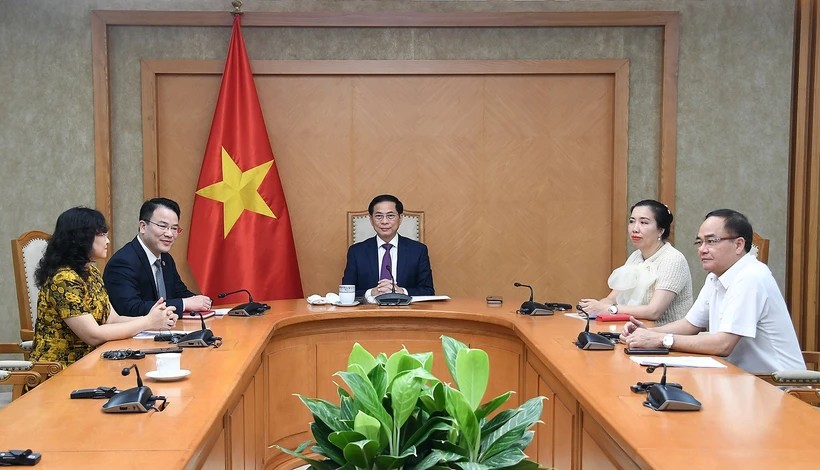Equitising state-owned enterprises to boost growth amidst COVID-19
| NA session: SOEs’ efficiency not match resources | |
| 406 SOEs under divestment: exciting opportunities for investors | |
| SOEs to divest from banks on positive market outlook |
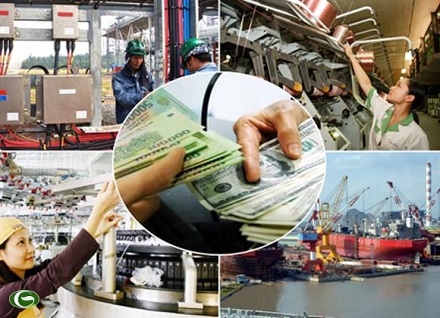 |
| PM approves SOE restructuring project for 2016-2020. Photo: baoninhbinh |
The Vietnamese Prime Minister Nguyen Xuan Phuc issued Decision No. 908/QD-TTg on June 29, 2020, which approved a list of state-owned enterprises (SOEs) for divestment this year.
The decision aims to accelerate the divestment of enterprises where the state does not need to hold a stake, and thus restructure the state holdings of SOEs. It will also help to ensure enough capital is collected for the 2016-2020 public investment plans.
Dr. Burkhard Schrage, a senior lecturer from RMIT Vietnam said the push for SOE divestment in the second half of 2020 will create “exciting opportunities for both foreign and local investors”.
“While the timing may appear difficult due to COVID-19 and other global uncertainties, it makes a lot of sense to accelerate the SOE equitisation program right now. It will also address the issue that the equitisation program is behind schedule,” he said, adding that the slow pace of implementing the plan has been a point of criticism from international investors.
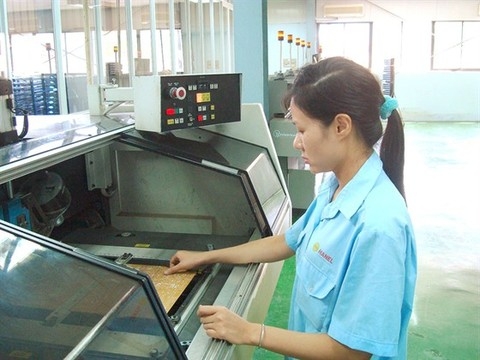 |
| A production line at Hanel JSC. This has been one of State-owned enterprises in the list of privatisation in 2020. Photo: hanel.com.vn/VNS |
The acceleration will take advantage of high foreign investor interest in Vietnam, and the current historical high of the world’s stock markets, which according to Dr. Schrage indicates a continued appetite for equities globally.
It will also make the most of recent structural reforms of the corporate governance codes and implementation of modern governance mechanisms across Vietnamese firms.
“These developments have helped to increase transparency and reduce investment risks related to minority shareholdings, which has subsequently raised investor confidence in Vietnam,” he said.
While Dr. Schrage believes that the surging foreign investment interest in Vietnam will bode well for continued economic growth, he said it will also require strong commitments by the authorities.
“The government should provide transparent and predictable regulatory frameworks for industries in which the SOEs operate,” Dr. Schrage added.
He also suggested several measures for the state to implement in order to optimise the selling price for the SOEs (divestment revenues), including increasing the transparency of the overall process, implementing world-class corporate governance mechanisms, and appointing internationally reputed institutions for the equitisation.
“The authorities should consider carving out problematic assets of any of the companies being equitised,” he stressed. “Take banks for example, the government can take over their non-performing loan portfolio before divestment and equitise only the performing assets”.
| According to VNS, following the Decision No 908/QĐ-TTg, 120 enterprises will be divested by the representative agencies of the State capital (companies under ministries and provincial People's Committees). Hà Nội has the most enterprises with 28 that need to divest. The decision aimed to accelerate the progress of divestment at firms the Government does not need to hold capital in and to ensure collection for public investment plans in 2016-20. It would also help promote the restructuring of SOEs to focus on key sectors of the economy.
|
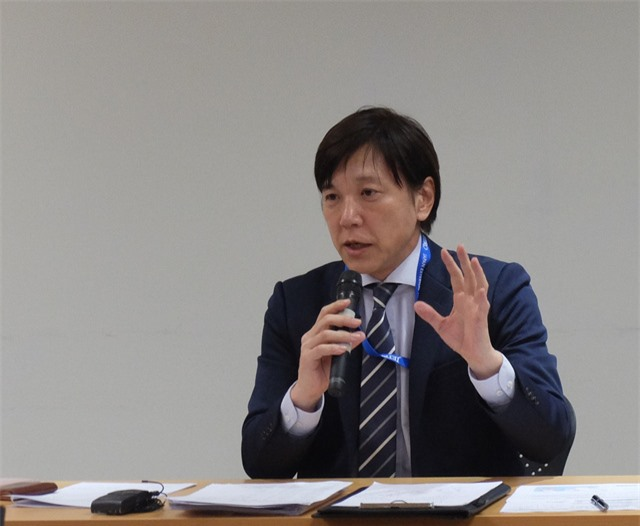 | Many countries shocked as 15 Japanese enterprises to shift manufacturing from China to Vietnam At the press conference on July 23, Mr. Takeo Nakajima, Chief Representative of JETRO Hanoi said that some ASEAN countries would extremely be taken aback ... |
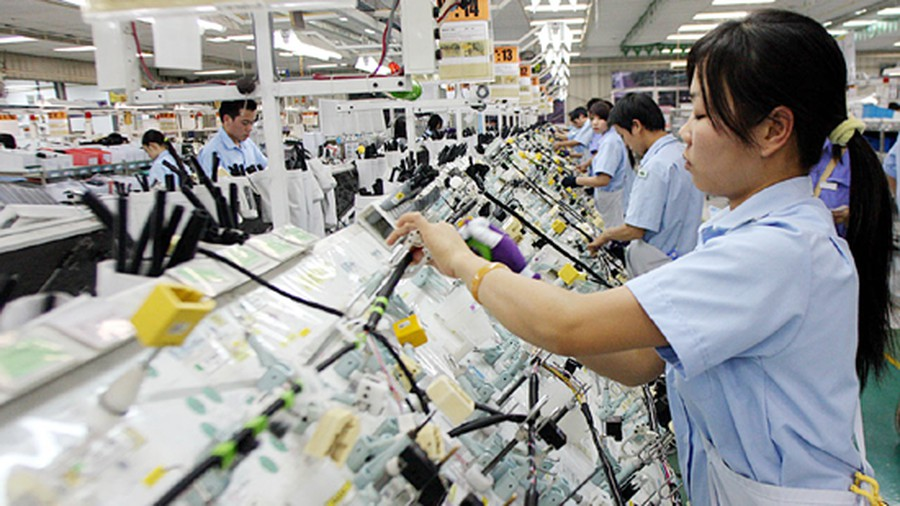 | US enterprises highly appreciate investment opportunities in Vietnam The president of the US-ASEAN Business Council (USABC), Alex Feldman, and representatives of US businesses were very interested and highly appreciated investment opportunities in ASEAN ... |
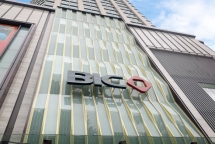 | Vietnamese non-life insurance attracts foreign investors State divestment makes Vietnamese non-life insurance market more appealing to foreign capitals. |

